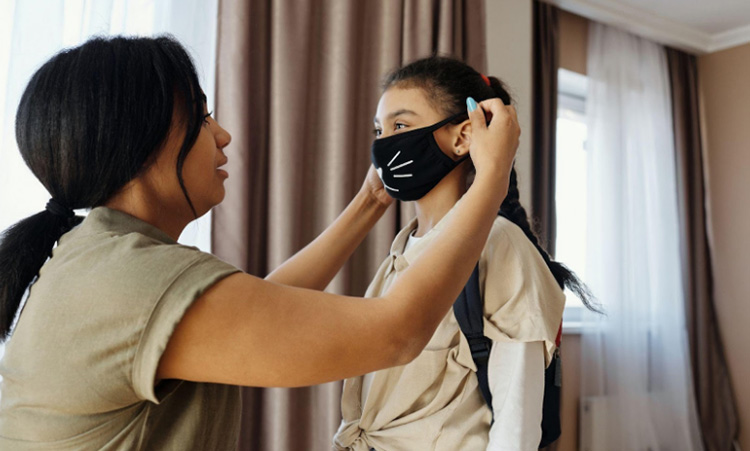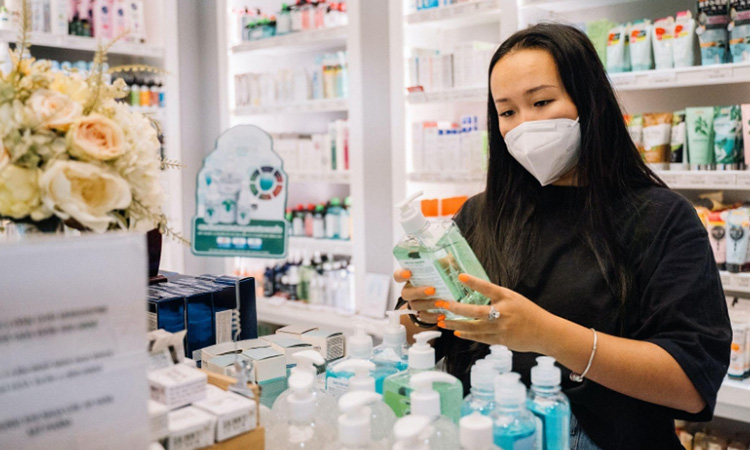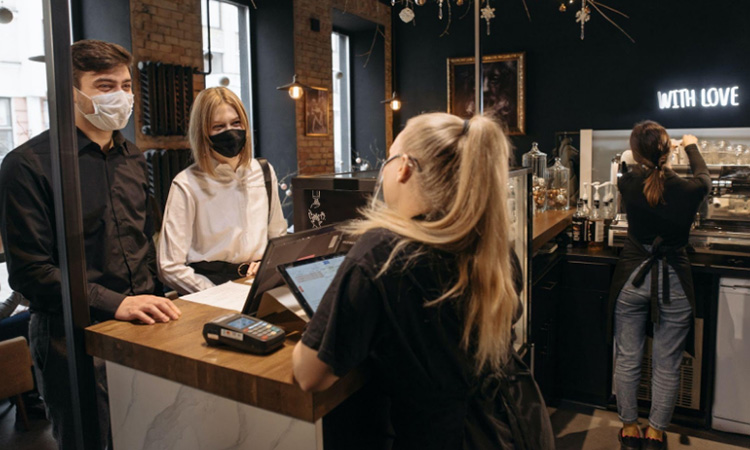
Introduction
The COVID-19 pandemic has led to the widespread use of face masks to help reduce the transmission of the virus. However, not all face masks are created equal, and it’s important to understand the differences between them. There are standards, however, that are implemented worldwide, which is why the ones created by an australian face mask manufacturer may be identical to one from the US, for example. In this article, we will explore the most commonly used types of face masks, their benefits, and their effectiveness in protecting against COVID-19.
Fabric/Cloth Masks
Fabric or cloth masks are a popular choice due to their ease of use and versatility. They are made from a variety of materials, including cotton or polyester, and can be easily purchased or made at home. These masks capture droplets emitted when the individual wearing the mask sneezes, speaks, or even coughs. The trapped droplets can contain the virus, so by trapping them, these masks reduce the spread of COVID-19.
Another advantage of fabric or cloth masks is that they can be washed and worn again. This makes them an environmentally friendly option and a cost-effective solution for people who need to wear a mask regularly. To keep the mask effective, the wearer should avoid touching it and, if they must, sanitize or scrub their hands afterward. Furthermore, if a fabric or cloth mask has become wet or dirty, it is critical to replace it with a clean one. These masks are not intended to be shared.
Surgical Masks
Surgical masks, which are also referred to as medical masks, are also a common type of face mask. They are comfortable to wear as they are disposable and loose-fitting. Surgical masks keep the mouth and the nose from being exposed to virus-carrying droplets. They’re made to shield the wearer from droplets or spatters that could get into the mouth or nose.
These masks can also filter out big particles in the atmosphere and prevent particles from the wearer from spreading to others. Single-use surgical masks aid in lowering the likelihood of cross-contamination. This is important for healthcare workers who are at a higher risk of exposure to the virus, as well as for people who are in close contact with others.
N95 Masks
N95 masks offer greater protection than surgical masks or cloth masks. They can filter out both large and small particles when the wearer breathes, making them effective in protecting against COVID-19. N95 masks are designed to block 95% of particles or liquids that may come into contact with the face. This makes them an ideal choice for healthcare workers and medical first responders who are at a higher risk of exposure to the virus.
However, it’s important to note that N95 masks are not for general public use and should be reserved for healthcare workers and other medical first responders. They are also not advised for use by children or individuals who have facial hair, and these masks are fit-tested by healthcare providers to ensure a proper fit. N95 masks are designed to be used once only, but research teams are investigating effective cleaning methods to reduce waste.

Face Masks with Valves
Face masks with valves have become popular among some people, as they allow for easier breathing. The valve opens to release exhaled air and is designed to make it easier to breathe while wearing a mask. However, while they may make it easier to breathe out, they also release the wearer’s germs into the air, which can be harmful to others. This makes them not ideal for public use, as the main purpose of wearing a mask is to protect others.
More and more health institutions around the world are prohibiting the use of masks that have valves. They protect the wearer well, but due to their one-way valves, they don’t provide much protection to those around the wearer. If the person wearing is contagious, whether consciously or unknowingly, they may be infecting others around them.
Alternative Masks
In addition to the more commonly known masks, such as fabric/cloth, surgical, N95, and masks with valves, there are also alternative masks available on the market. These masks may offer unique features, such as being eco-friendly, having special filters, or providing additional protection.
Some alternative masks use natural materials, like bamboo or hemp, making them a more sustainable option. For example, an Australian face mask manufacturer may produce masks made from organic cotton and offer reusable, washable options.
Others may include specialized filters, such as HEPA filters, which are known to trap even the smallest particles, including viruses and bacteria. These masks are often marketed as offering an extra layer of protection and can be a good option for those who want added peace of mind.
There are also alternative masks that offer protection for a specific group of people, such as masks designed for children or for individuals who wear glasses. These masks may have adjustable ear loops, a tighter seal around the nose and mouth, or a different design to prevent glasses from fogging.
It is important to note that while alternative masks may offer some additional features, their overall effectiveness compared to traditional masks has not been widely studied. The Centers for Disease Control and Prevention still recommends wearing a cloth face covering, a surgical mask, or an N95 mask as the most effective options.

Conclusion
In conclusion, face masks are a simple and effective way to reduce the spread of COVID-19. There are different types of masks, each with its own level of protection. Fabric or cloth masks are easy to purchase or make and can be washed and worn again. Surgical masks are loose-fitting and disposable and can protect the nose and mouth from coming into contact with droplets that carry germs. N95 masks are designed to block 95% of particles or liquids that may come in contact with your face and are recommended for healthcare workers and other medical first responders.
Face masks with valves are not recommended for public use, as they release the wearer’s germs into the air. Alternative masks, such as clear masks and double-layered masks, are becoming popular, and are designed to provide different types of protection.
In the end, it is important to choose the right type of mask for your needs and to make sure that it fits properly and is worn correctly. With the help of certified face mask manufacturers, you can be sure to find the right mask to protect yourself and others.

Leave a Reply